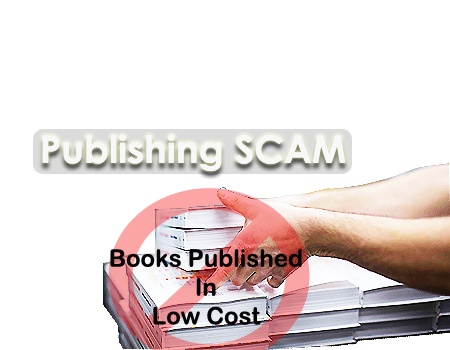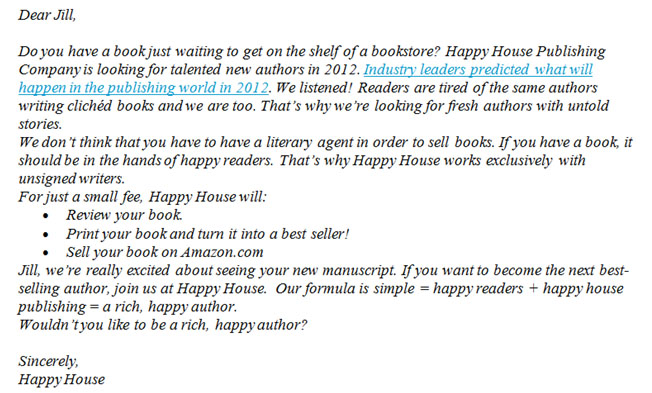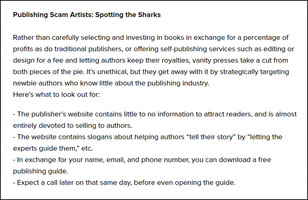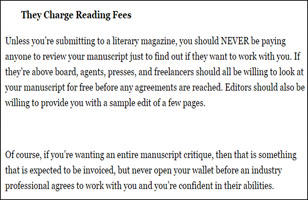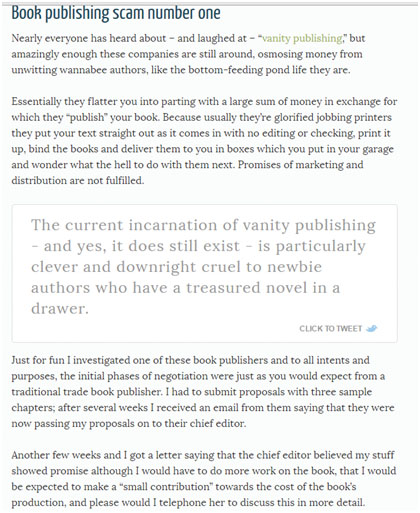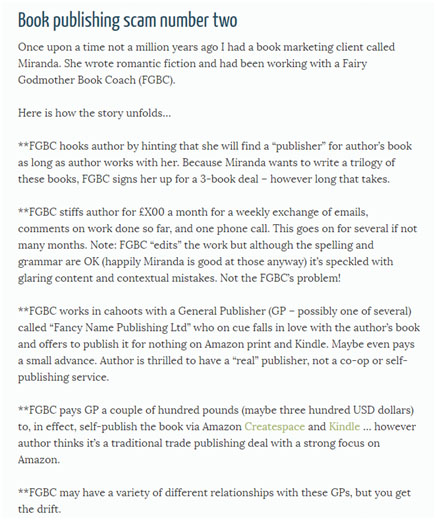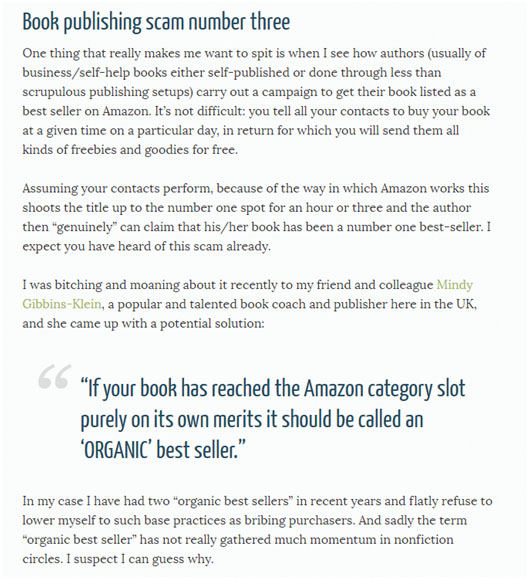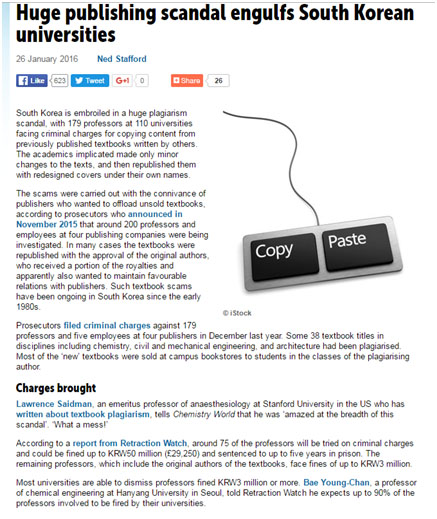Publishing Scam
Unveiling the Dark Side of Academic Publishing: 179 Professors Face Plagiarism Charges
Protect Yourself from Publishing Scams
Are you in the process of writing a book and eager to see it published quickly? There is a myriad of publishing companies eager to publish your work, but beware of the potential pitfalls associated with some of them.
Authors, be vigilant! Publishing scams are essentially self-publishing schemes designed to exploit unsuspecting writers. These schemes operate under the guise of offering publishing services, but their primary goal is to extract fees from authors. Dating back to the early days when authors sought legitimate publishers for their works, scammers exploited this process, introducing deceptive tactics into the realm of publishing services.
It's crucial for aspiring authors to be aware of these scams, where scammers not only take advantage of authors financially but also manipulate them into assuming a false identity as the supposed author of the work. The author becomes a target for scammers to experiment with their deceptive strategies, all aimed at extracting money from their unsuspecting victims.
If you're venturing into the world of publishing, stay informed and cautious to safeguard your work and financial interests.
Deceptive Publishing Practices: Unraveling Scams in the Digital Age
In the era of technological progress, fraudulent individuals exploit the digital landscape by operating seemingly legitimate websites offering online publishing services. These scammers deceive individuals into paying for the publication of their books, research works, articles, and notes on the internet. They often pose as international publishing services, using reputable brand names to establish credibility while charging users a nominal fee for their publishing services.
How Scammers Engage Victims in Publishing Scams
Email remains one of the most prevalent mediums scammers use to target victims. Crafty in their approach, scammers send out seemingly personalized emails that appear as genuine messages in users' inboxes. These emails are designed to entice and lure readers into their trap. The following is an example of an email from a purported publishing service, promoting fraudulent publishing services to unsuspecting individuals.
Beware of Publishing Scams: Protecting Authors from Deceptive Services
For any individual seeking a publishing opportunity, an email like the one mentioned above may seem like a golden chance. It's hard for recipients to fathom that they could be the next target of a scam. Unfortunately, every year, numerous authors become victims of such publishing scams.
Many of these fraudulent publishing services make enticing promises, assuring authors that their books will be featured on renowned online platforms like Amazon. However, these services often impose additional fees under various names such as "publishing fees" and "reading fees."
Characteristics of publishing scams:
- Scammers in the publishing industry often craft contracts that are egregiously unfair to authors, making grand promises that they have no intention of fulfilling during the contract term.
- Companies that demand payment from authors for publishing their books are likely engaging in scams. It's crucial for authors to distinguish between self-publishing, where the author bears the cost of printing, and legitimate publishing, where authors are compensated for their work.
- Fraudulent publishing companies insist that authors pay for listings on online platforms, claiming it will boost book sales and popularity. It's essential for authors to be cautious and discerning when encountering such requests.
Warning for authors:
Authors must exercise caution when selecting publishing companies to avoid falling victim to scams. Entering into a contract with a fraudulent publishing company can result in the loss of the author's work. Scammers design contracts that heavily favor their interests, and authors should carefully scrutinize the terms and conditions before proceeding. It is essential for authors to thoroughly research a company's reputation before deciding to publish their writing with them.
Examples of publishing scams:
Despite ongoing efforts to raise awareness about book publishing scams, some companies continue to exploit victims who become ensnared in these fraudulent schemes. An illustrative example involves the investigation of a book publishing house accused of scamming individuals. The entire process was meticulously designed to appear legitimate, leading unsuspecting publishers to believe in its authenticity. However, in the end, the publishing house demanded a "small publishing fee" to proceed with the publication of the written work. Unfortunately, many innocent users, unaware of the deceptive tactics employed by scammers, often fall prey to such schemes.
Here is another example of a book publishing scam. The screenshot features Fairy Godmother Book Coach, a supposedly reputable publishing house offering book publishing services. They charge for every service, including grammar correction, email exchanges, phone calls, and more. All publishers must remain vigilant against these deceptive publishing schemes that operate with apparent legitimacy.
Numerous self-publishers are participating in what is widely recognized as the "bestseller publishing scam." Amazon showcases bestselling books, which are often artificially purchased by individuals globally, assuming them to be of the highest quality. However, many self-publishers and fraudulent publishing houses deceive Amazon to have their books featured in the best-selling section. Publishers charge authors a nominal fee, promising to have their book listed in the best-selling section on Amazon.
The huge book publishing scandal in South Korea:
A staggering 179 professors from approximately 110 universities are facing criminal charges related to plagiarism. The actions of these professors are profoundly shocking. The entire group of scammers engaged in copying and pasting entire textbooks written by previous authors and sold them with newly designed covers. Some textbooks underwent minor changes to avoid detection, while others were discovered to be replicas of old textbooks. Surprisingly, some old authors were also implicated in this scandal, enticed by the promise of a small share in the profits.
The plagiarized textbooks were sold to students outside the campus. It is worth noting that four publishing companies were involved in this scam, aiding the bogus professors in republishing old books with new covers. Stringent action was taken against the 179 professors and five employees of the publishing house who were entangled in this extensive publishing scam.
